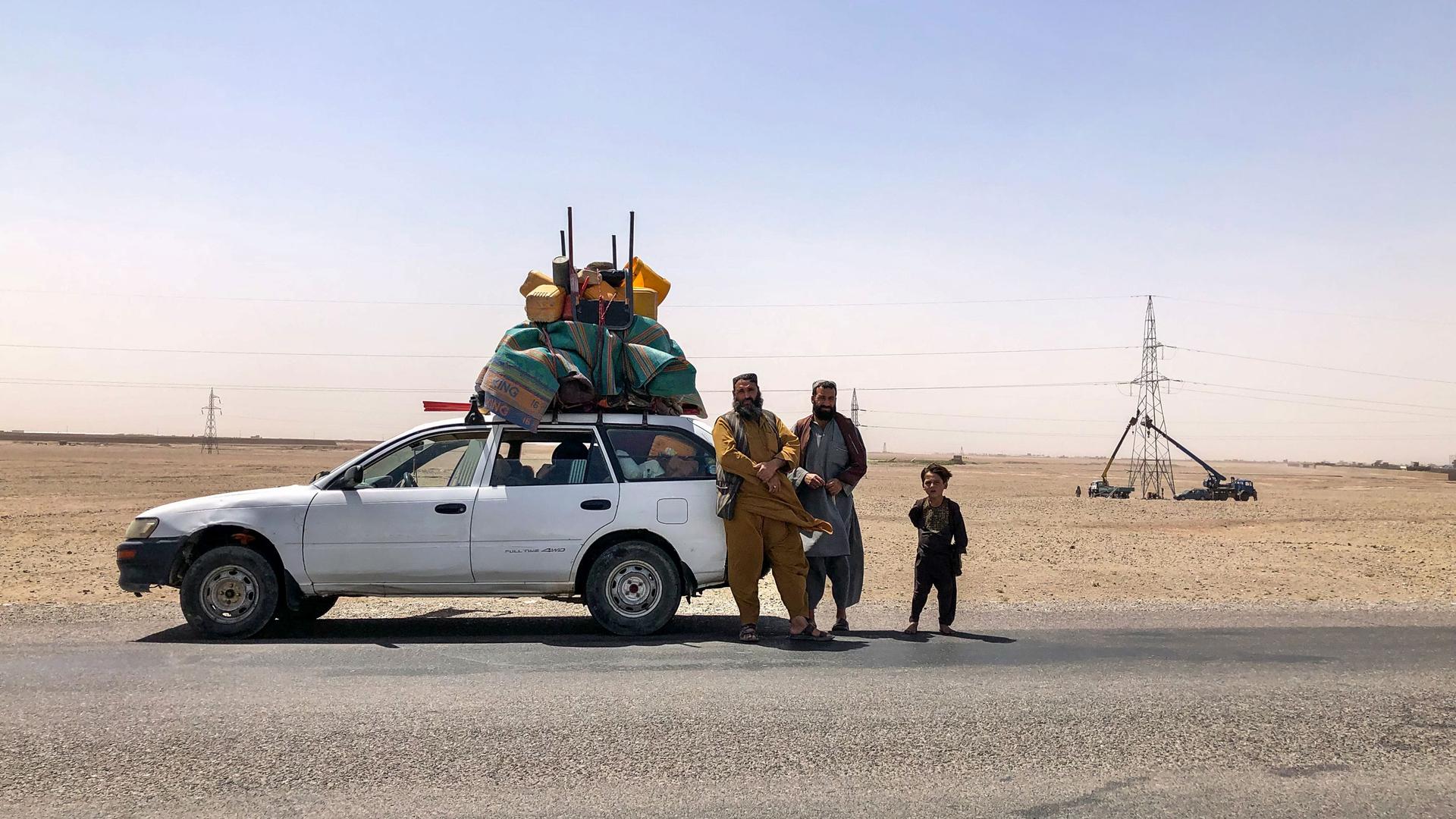Afghanistan
They were part of Afghanistan’s first-ever all-female flight. Then their lives were turned upside down.
In 2021, six women — two pilots and four cabin crew — participated in Afghanistan’s first-ever all-female flight. It was a historic moment. Their photos and videos were shared all over the world. Then, a few months later, their lives were turned upside down when the Taliban toppled the Afghan government and took over the country.
We want to hear your feedback so we can keep improving our website, theworld.org. Please fill out this quick survey and let us know your thoughts (your answers will be anonymous). Thanks for your time!
Women in Afghanistan are devastated by the Taliban’s ban on beauty salons
The Taliban have given all women’s beauty salons in Afghanistan one month to close down. The ultraconservative group, which took power by force in 2021, has consistently chipped away at women’s rights and freedoms in the country.
After Taliban ban, women NGO workers in Afghanistan struggle to make ends meet
Last December, in yet another blow to women’s rights in Afghanistan, the Taliban announced a ban on women working for nongovernmental organizations. Thousands of women lost their jobs overnight. The months since have been some of the most difficult for them.
Afghans who fled to the US hope that Congress will fix their status
After Afghanistan fell to the Taliban almost two years ago in August, tens of thousands of Afghans made their way to the United States. They were allowed to stay under a program called “humanitarian parole.” But that status expires in a couple of months, and although they can renew one time, many are calling for Congress to pass the Afghan Adjustment Act, which would allow them to seek more permanent status.
Subscribe to The World’s Latest Edition podcast for free using your favorite podcast player:



